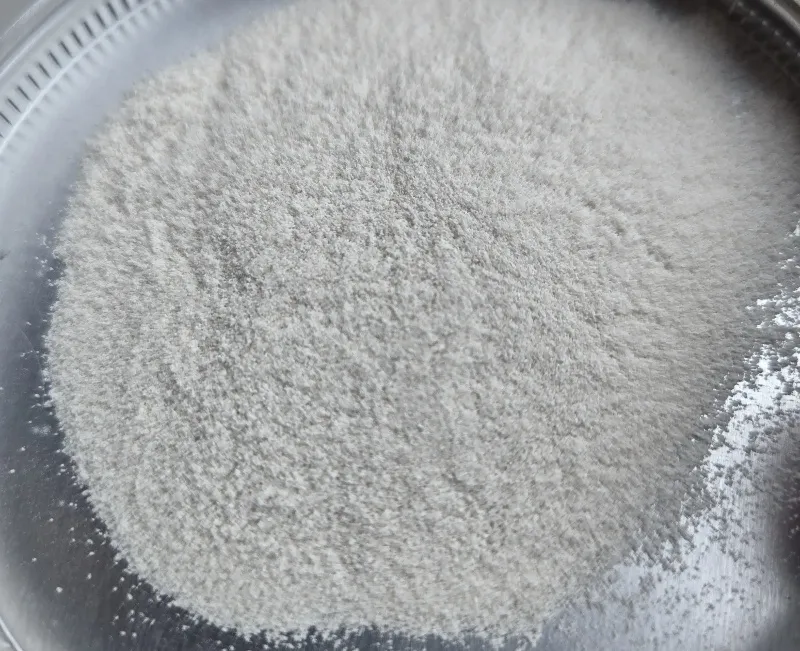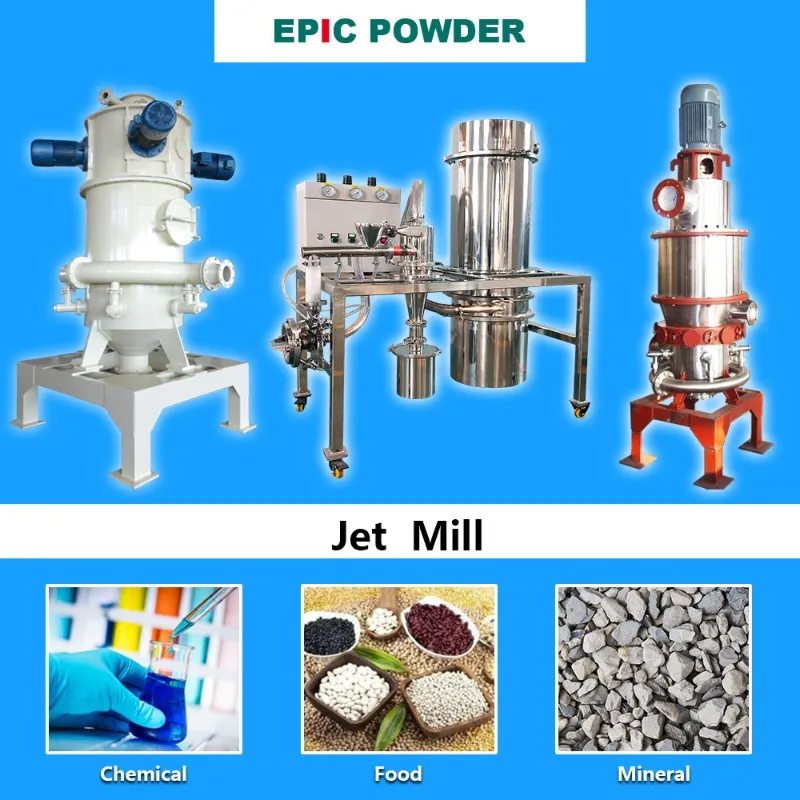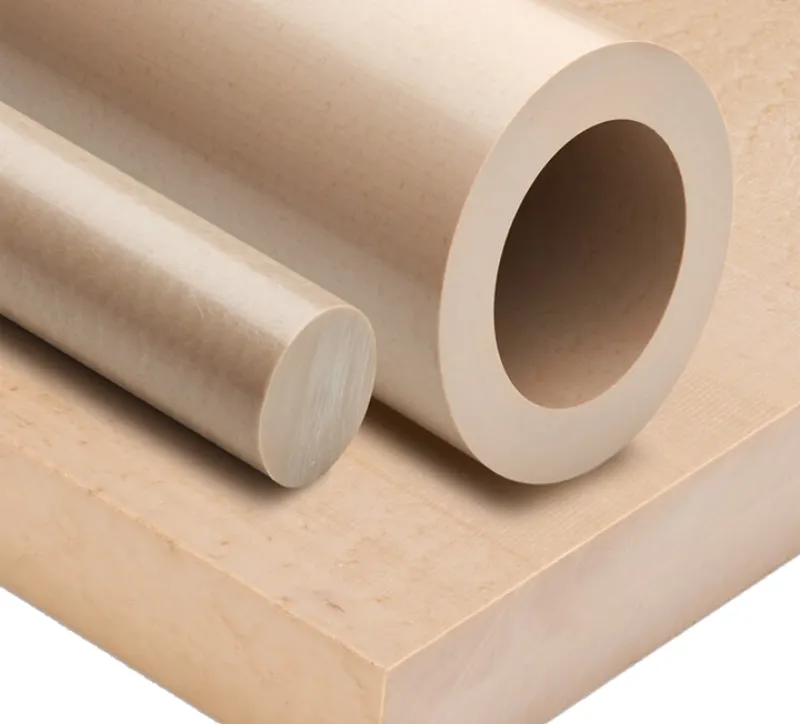In today’s era of rapid technological development, industries such as aerospace, humanoid robotics, and new energy vehicles are placing increasingly stringent demands on material performance. PEEK offers high strength, high modulus, and excellent stability under stress. It has become one of the most noteworthy materials of the year. Polyetheretherketone (PEEK) performs exceptionally well in humanoid robot joints and automotive components for new energy vehicles.

Basic Properties of Polyetheretherketone (PEEK)
Polyetheretherketone (PEEK) is a semi-crystalline, thermoplastic aromatic polymer with remarkable properties. It shows excellent high-temperature resistance, with a glass transition temperature of 143 °C and a melting point of 334 °C. PEEK can be used continuously at 250 °C. It can also withstand short-term exposure to temperatures above 300 °C.
It demonstrates high strength and high modulus. Its tensile strength exceeds 100 MPa, and its flexural strength and modulus are also impressive. At the same time, PEEK offers good toughness and impact resistance. This balance of rigidity and toughness allows it to handle complex stress conditions without fracturing.
PEEK has outstanding chemical resistance to most solvents, acids, and bases. Even in highly corrosive environments, it maintains stable performance. Its low friction coefficient and wear resistance make it ideal for bearings and gears. These properties help reduce wear and extend service life. PEEK also provides flame retardancy, which is crucial in electronics. Its electrical insulation properties meet strict requirements for electronic components.
Polyetheretherketone (PEEK) Powder Preparation
The preparation of PEEK powder is a critical step. Due to PEEK’s high crystallinity and melting point, direct pulverization is difficult. Advanced grinding and classification equipment is required. Common methods include mechanical milling and jet milling.
In mechanical milling, equipment such as ball mills, vibration mills, and impact mills can produce powders from millimeter-sized granules down to tens of microns. However, for powders with narrower particle size distribution and more uniform morphology, jet mills are preferred. Jet mills use high-velocity air streams to cause particle–particle collisions. This method avoids thermal degradation of the polymer. It produces powders in the 1–20 µm range or even submicron levels. For stricter control of particle size and purity, high-precision classifiers can be added. This ensures that the final powder meets the needs of aerospace, electronics, and other high-end applications.

Wide Applications of PEEK
Aerospace
Weight reduction and performance improvement are constant goals in aerospace. PEEK combines high strength, heat resistance, and low density. It is widely used in engine components, wing structures, and satellite parts. In hot engine sections, PEEK can withstand high-temperature gases and complex stresses. It replaces metals, reduces engine weight, and improves fuel efficiency.
Pharmaceutical Field
PEEK has great potential in the pharmaceutical industry. Its excellent biocompatibility prevents immune reactions in the human body. It is used for artificial joints, spinal implants, and dental restoration materials. Compared with metal implants, PEEK has a lower elastic modulus. It is closer to natural bone. This reduces stress shielding and promotes bone growth and healing.
Electronics and Electricals
Electronics are moving toward miniaturization and higher performance. PEEK is increasingly adopted. It serves as insulation in circuit boards and chip packaging. Its heat resistance and electrical insulation ensure stable operation in harsh conditions. PEEK is also used for housings and connectors. Flame retardancy and mechanical strength guarantee both safety and reliability.
Automotive Industry

The automotive industry is shifting toward lightweight design and electrification. PEEK is becoming an important material. In electric vehicle motors, it is used for enameled wire coatings, improving insulation and heat resistance. PEEK is also applied in lithium battery seals to ensure safety. In transmissions, PEEK bearings and gears reduce weight and lower friction losses. This improves fuel economy and performance.
Epic Powder
High-end manufacturing continues to upgrade. Demand for polyetheretherketone (PEEK) materials is expanding. With over 20 years of expertise in ultrafine powder technology, Epic Powder delivers complete solutions. These include jet mills, ball mill classification lines, and surface modification equipment. The company ensures precise control of particle size distribution and surface properties. With these advantages, Epic Powder supports PEEK in aerospace, medical, and new energy automotive industries.
